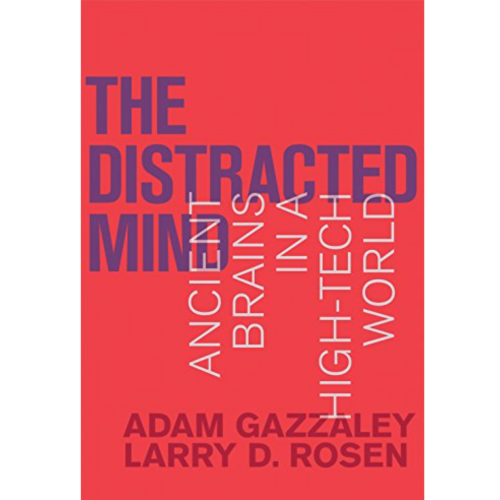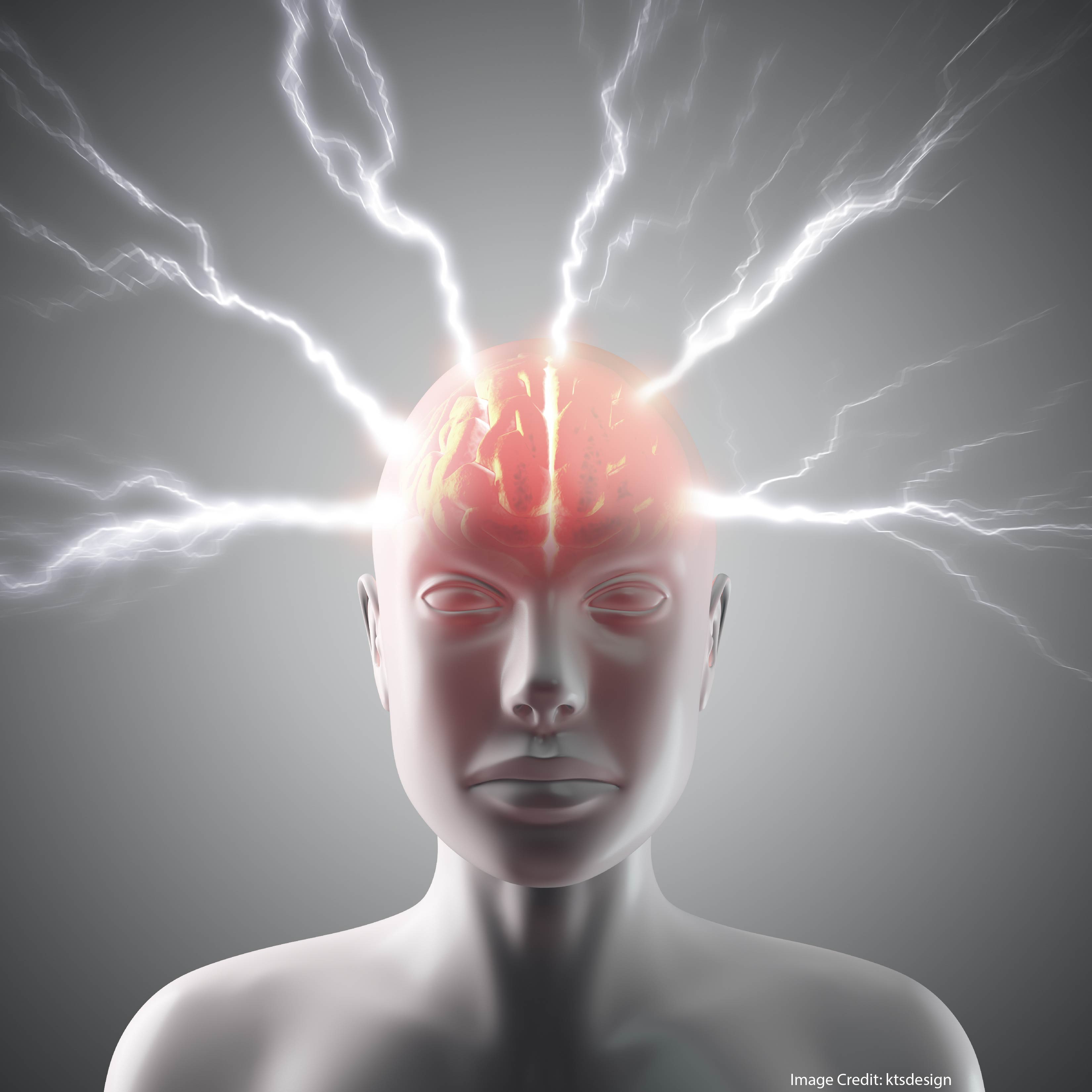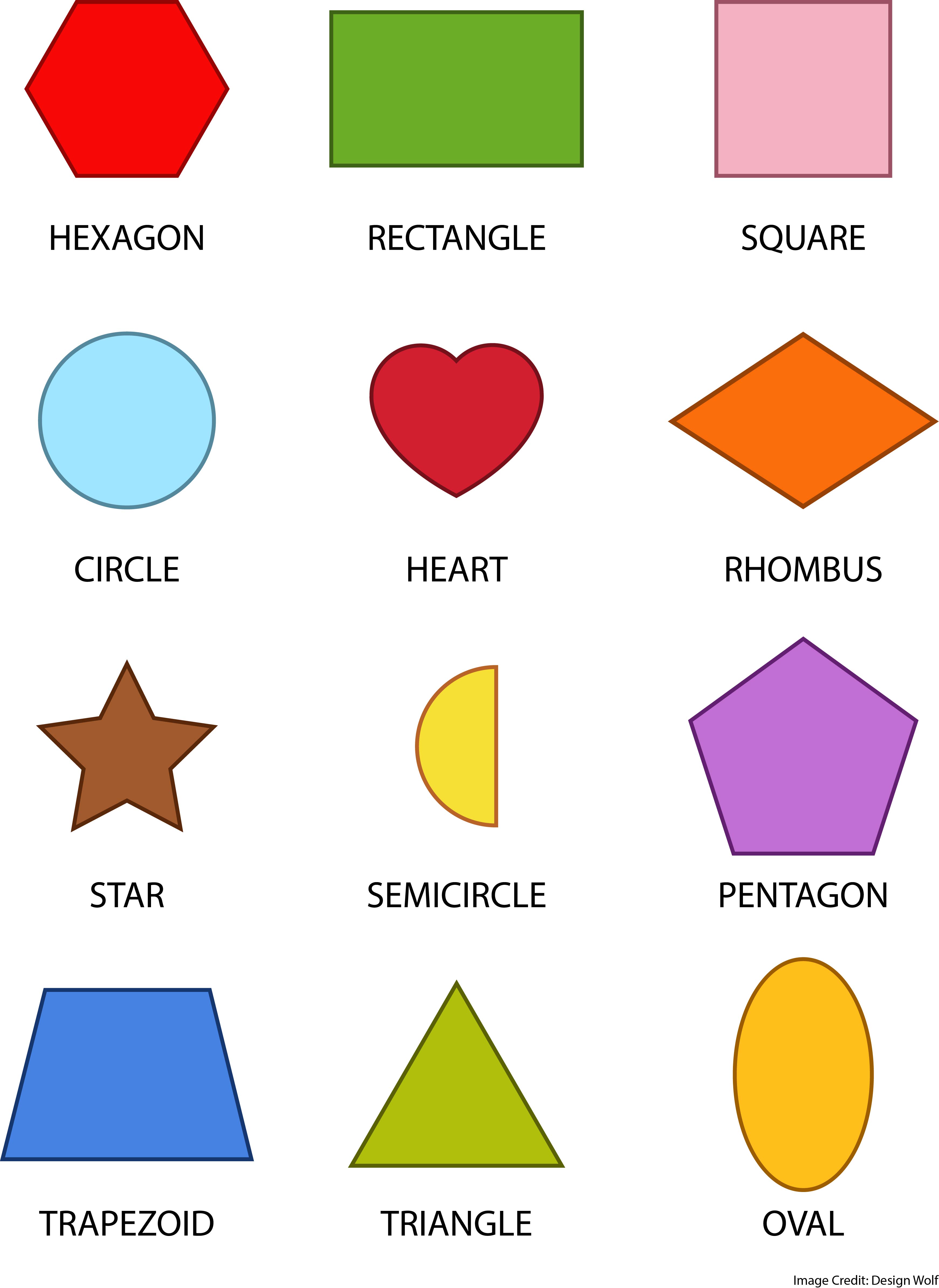Tags
ADHD adolescence attention book review boundary conditions classroom advice conference speakers constructivism/direct instruction creativity desirable difficulty development dual coding education elementary school embodied cognition emotion evolution executive function exercise experts and novices gender high school homework intelligence long-term memory math methodology middle school mindfulness Mindset motivation neuromyths neuroscience online learning parents psychology reading retrieval practice self-control skepticism sleep STEM stress technology working memoryRecent Comments
- Understanding Test Anxiety on Test Anxiety: How and When Does It Harm Students?
- A Skeptic Converted? The Benefits of Narrative |Education & Teacher Conferences on Help Me Understand: Narrative Is Better than Exposition
- Debate #4- Cell phones be banned from the classroom. | Aradhana's blog – ECI830 on Cell Phones in the Classroom: Expected (and Unexpected) Effects
- The Rare Slam Dunk? Blue Light Before Bed |Education & Teacher Conferences on “Writing By Hand Fosters Neural Connections…”
- Andrew Watson on “You Can Find Research that Proves Anything”
ABOUT THE BLOG
Monthly Archives: April 2017

The Distracted Mind: Ancient Brains in a High-Tech World by...
People are inherently information seekers. In today’s high-tech world this tendency can draw us to…

Learning from (gulp) Video Games
Many teachers I know are baffled by the attraction of video games; some are heartily…

The Evidence Mounts: Delaying Middle and High School Start Times
Here’s the statement from the Journal of Clinical Sleep Medicine: During adolescence, internal circadian rhythms…

A Working Memory Intervention That “Really Works.” Really?
L&tB bloggers frequently write about working memory — and with good reason. This cognitive capacity, which…

Emotion: Cognition’s Rudder
We are not rational beings. In fact, many aspects of our cognition are inherently emotional….

Skepticism Improves Innovation
Greg Ashman is enthusiastic about research, and yet skeptical about innovation. Ashman’s argument resonates with me…

Gender Differences in Dyslexia Diagnoses
It has long been true that men are diagnosed with dyslexia more often than women….

The Potential Perils of Google
You have heard before, and will doubtless hear again, that students don’t need to memorize…

The Most Concussive High School Sport?
Brain research can be thrilling; it can be useful; it can be confusing. This article…

